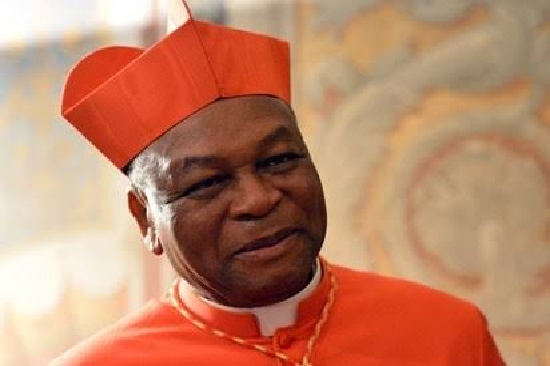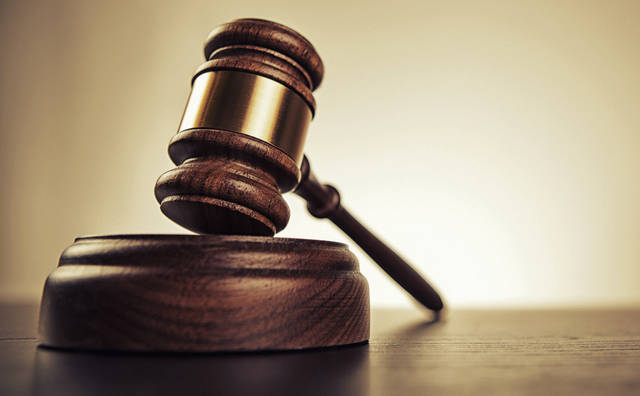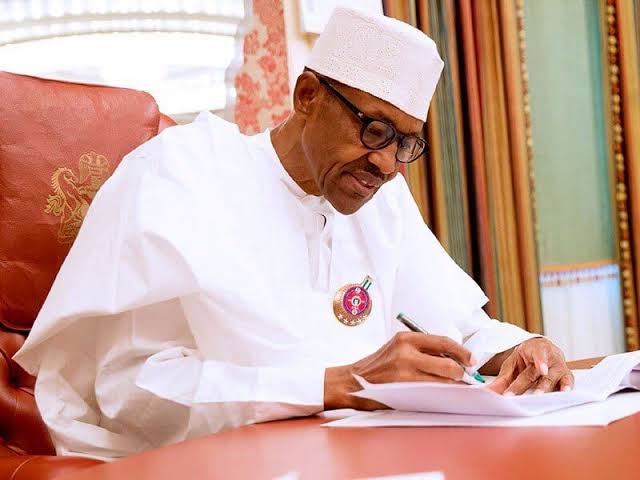The Christian Association of Nigeria (CAN) has described the call by the Chief Justice of Nigeria (CJN), Ibrahim Tanko for a Constitutional amendment, to include more Sharia contents as a threat to national unity.
Recall that the CJN, at the 20th Annual Judges Conference held at the Ahmadu Bello University, Zaria, last Thursday, called for the amendment of the country’s Constitution to favour sharia law.
The CJN was quoted as saying: “As we all know, there are sections of the constitution that allow the implementation of Shari’a personal law and apart from that, we cannot do more. However, we have the numbers to amend the constitution to suit our own position as Muslims.”
The speech had be presented on his behalf by the Grand Khadi of Niger State, Justice Muhammad Danjuma.
Reacting to the call on Saturday, the National Director, Legal and Public Affairs, CAN, Evang. Kwamkur Samuel Vondip said CAN regarded the development as the most “reprehensible, reckless and insensitive statement made by a public officer, a jurist and the very head of Nigeria’s judiciary.”
He noted that no one can begrudge the CJN from peacefully practising his faith, but seeking to transform one religion into having greater space in the Constitution was the height of official immodesty.
His statement read in part: “CAN observes that the CJN has neither denied nor clarified the report. No person or association has also come out with a contrary opinion. We, therefore, regard it as a settled fact that the CJN said it, and meant it.
“Clearly, this looks like the path to making Islam a state religion. It is one more glaring case in our recent history, where public officers, rather than see themselves in privileged positions to discharge responsibilities that promote national cohesion, dialogue and understanding, remove suspicion and project Nigeria’s leadership, have instead turned round to be local and humdrum in their dispositions toward other parts of the country.
“Hon Justice Ibrahim Tanko Muhammad should think again. He hasn’t helped our country with this ignoble position. As an eminent jurist and head of a very critical arm of the government, saddled with the responsibility of interpreting laws, what we generally expect of the CJN is patriotism in the course of his official function, not partisanship.”
READ ALSO: Buhari’s Re-election: ACPN Calls for Government of National Unity
Vondip also noted that the CJN’s comments might be part of a bigger plan to promote religious bias in the country citing other instances that corroborate the thinking.
“Related cases are the heads of the Nigerian Army, Nigerian Air Force who chose to cite specialised universities in their home areas using public funds. Perhaps, the CJN is reinforcing the same mentality, this time using religious self-indulgence.
“But then, we may pause and ask ourselves the following questions: are these actions by the military chiefs and the pronouncement of the CJN deliberately synchronised to promote regionalism and religious bias?
“Are we seeing the implementation of part of a much bigger plan to turn the country into one behemoth of a region and also one grand religion?”
CAN equally wondered whether the passage of the social media and anti-hate speech bills was a plot to move the nation towards becoming an Islamic state, asking; “Is Nigeria about to witness the sure move toward becoming an Islamic state and the possibility of the country being forcibly transformed into a Sharia state?
“Could all these be part of the motivation for calling for laws that could stifle any national debate or crush opinions that are branded as hate speech and for the regulation of the social media?
“Was the CJN already speaking on behalf of those who are conspiring to allow Islam to dominate and subjugate other faith? Was this agenda the reason Justice Walter Onnoghen was crudely and hastily removed and Justice Tanko hastily sworn in as the CJN?”
The Christian body noted, “If the less educated, those who are not enlightened, the mischievous and the politically extreme can tinker with such permutations, certainly not a man of the learning, age, experience, exposure and publicly centered personality as the Chief Justice of Nigeria.
“Does his position speak positively of a man who can still be trusted to hold the judiciary together as belonging to one nation with one people of various opinions, religious convictions and political persuasions?”











